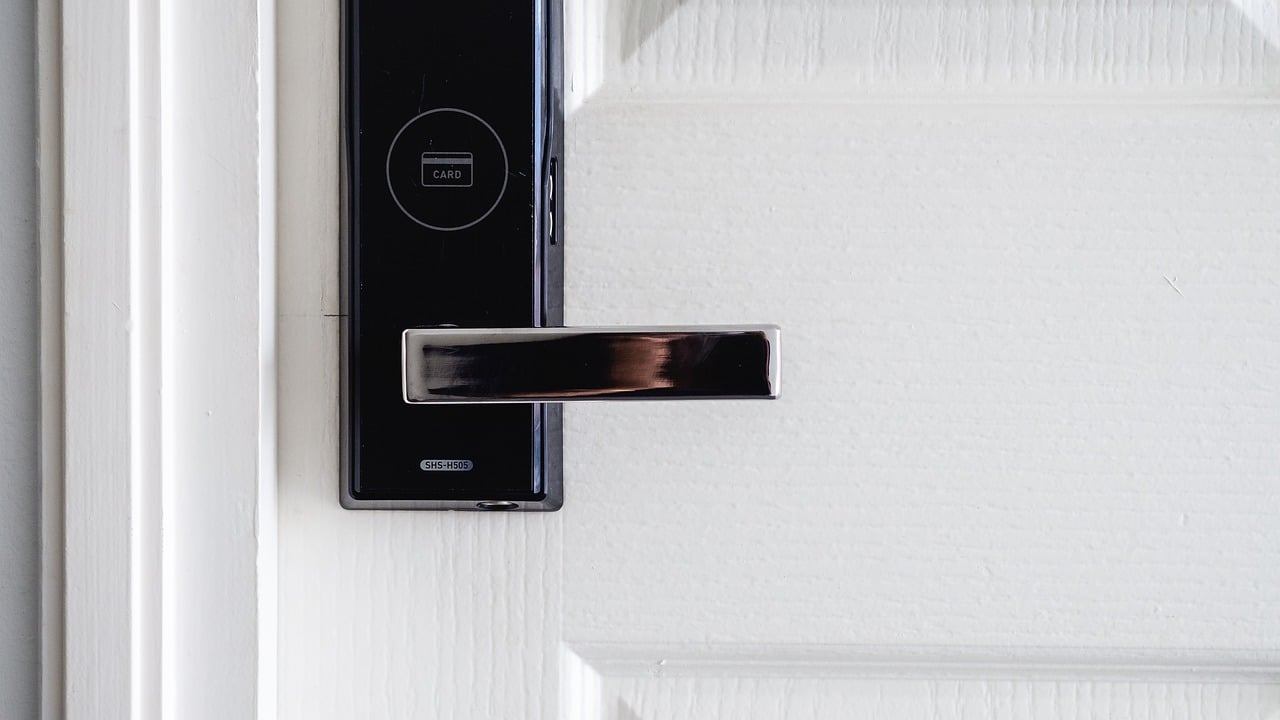4 minute read
The current business landscape is changing as more people dip their toes into the entrepreneur lifestyle. The main driver of this change is the internet and all its benefits regarding remote communication and connection.
However, this also means businesses are more exposed nowadays, especially with the number of cyberattacks and burglaries on the rise.
Also, many ill-intended actors target small businesses and startups because they know many don’t have the budget or the knowledge to implement adequate security measures.
In today’s data-driven systems, security is a must, which is why we’ll talk about one of the less-discussed topics – access control systems. We’ll learn what they imply and why businesses with brick-and-mortar locations must implement such measures.
What is Access Control?
As the name suggests, access control systems regulate who or what can access a company’s resources. These resources are mostly data, but the format tends to differ since businesses will store information both electronically and on paper.
In a nutshell, access control is a security process that safeguards against attacks that could come via someone physically accessing your storage facilities and devices or by gaining unauthorized access to the company’s systems.
This is achieved by implementing measures that control who can physically access various spaces in the office or building that’s the company’s headquarters or by tightening the user authentication process when logging into a device or account.
What you Need to Know about Access Control
The modern entrepreneur needs to tick many boxes, and security is one of them. So, if you want to make sure your business is safe, you can’t ignore the need for access control. Moving forward, we’ll discuss the top three most important aspects when it comes to this security method.
1. Access Control Needs to be Integrated Into Your Security Systems
The best security system has layers that start at the gate of your building or your office door and go as far as your favorite cloud provider. For optimum protection, all these layers must communicate and learn from each other. This way, if an intruder passes the first few layers, it will be stopped before reaching the core of your company.
That’s why access control systems need to be integrated into your security systems. This often means the use of electronic tools that physically restrict access, such as access card readers, smart door locks, barriers, and so on.
2. Access Control to your Data
Small businesses and startups must pay extra attention to protecting their precious data, and they can do so by implementing several systems to control access. Everything starts with authentication – if the process is strong enough to filter out breach attempts, then your data is in good hands.
Systems like 2FA (Two-Factor Authentication) or multiple-factor authentication make it more difficult for weak attacks to be successful. Also, you can increase the strength of your systems even more by creating strict access rules. This means that only a few trusted users should have access to irreplaceable data and files.
3. Don’t Ignore Your Employees
Even the strongest security system can be breached if an employee is careless with their credentials or doesn’t know how to spot a phishing attempt.
So, if a good security system is a must-have to modernize your business, knowledgeable employees who are capable of understanding the usefulness of your rules and policies are also necessary.
You can do this by offering training sessions and having one-on-one discussions about the importance of security in the workplace.
Wrap Up
Access control systems are the first line of defense in the fight against cybercrime. This is why every business looking to grow and develop can’t ignore using such systems for protection.





